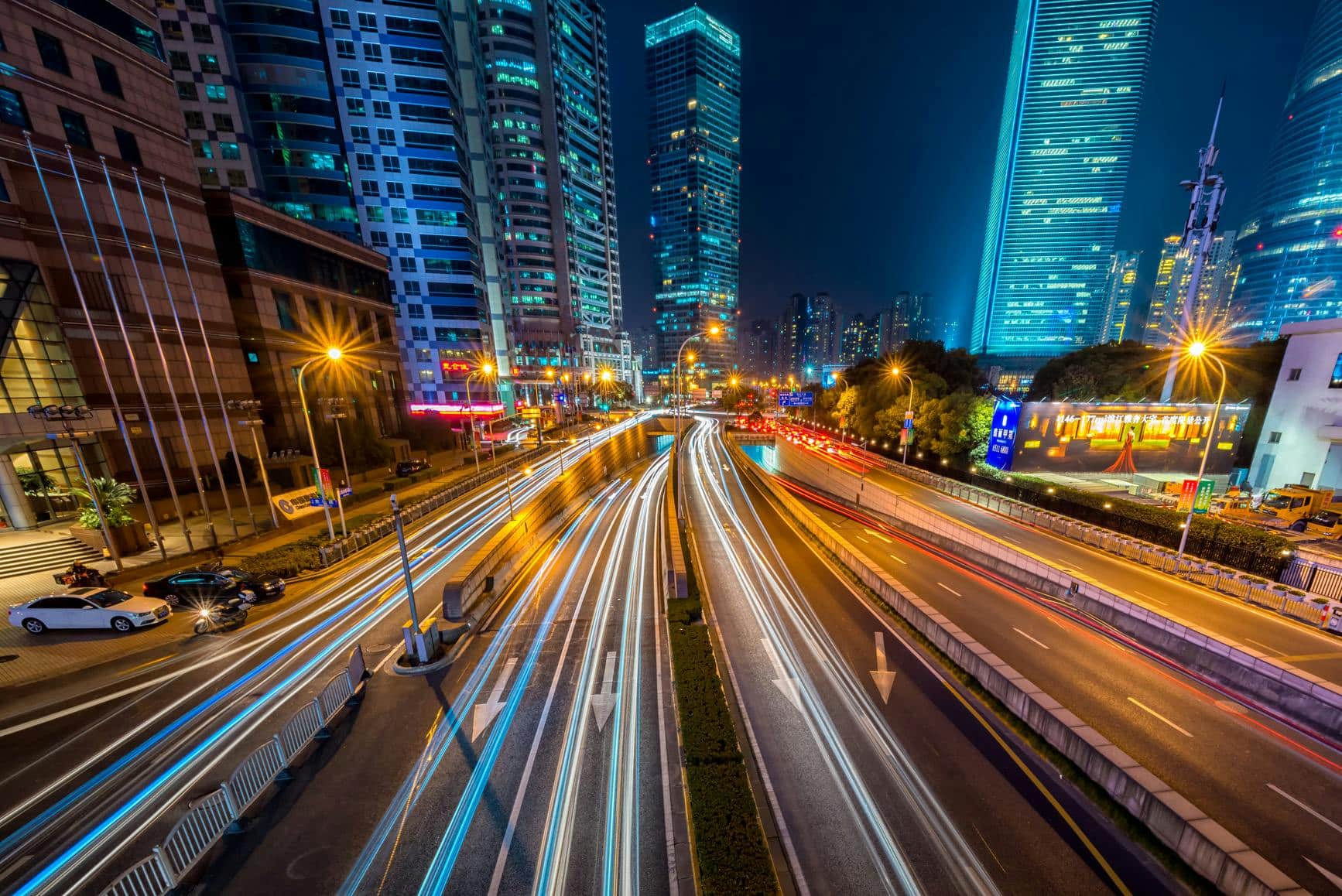How Is AI Being Used to Optimize Energy Use in Smart Buildings and Cities?

With the surge in technology and advanced innovations, the idea of smart buildings and cities is no longer a distant dream. It’s a reality that’s progressively changing our lives. One significant contributor to this change is Artificial Intelligence (AI). It’s crucial to understand how AI is being used to optimize energy use in smart buildings and cities.
In this article, we’ll delve into the role of AI in refining energy usage in smart buildings and cities. We’ll go through various applications of AI in energy optimization, the concept of smart grids, and how AI is influencing them, the role of AI in analyzing energy consumption patterns, and finally, how AI is used in predicting and managing energy usage.
A lire aussi : Discover the thrill: top tips for shopping mystery boxes online
AI Applications in Energy Optimization
Artificial intelligence is a game-changer in the world of energy optimization. Its applications are improving various aspects of energy management in the smart buildings and cities.
AI has the ability to analyze vast amounts of data, identify patterns, and make predictions. This is especially beneficial in monitoring energy usage in buildings and cities. AI-powered systems can collect data on energy consumption from various sources, such as smart meters and sensors. They then use this data to analyze consumption patterns and provide useful insights. This allows for the identification of inefficiencies and opportunities for improvement.
Lire également : The impact of 5G on chatbots
In addition, AI can predict future energy needs based on historical consumption data and external factors like weather. This helps in making accurate forecasts and plans for energy production and distribution. Moreover, AI can automate energy management tasks, such as controlling heating, ventilation, and air conditioning (HVAC) systems based on occupancy and comfort levels. This results in significant energy savings and enhances the comfort of building occupants.
The Concept of Smart Grids and AI
The concept of smart grids is fundamental to the operation of smart cities and buildings. And AI plays a pivotal role in their functioning.
Smart grids are electricity networks that use digital technology to monitor and manage the flow of electricity from all generation sources to meet the varying electricity demands of end users. AI enhances this operation by providing real-time data analysis and decision-making capability to the grid operators.
For instance, AI can analyze data from various sources, like weather forecasts, current grid status, and historical consumption patterns. It then uses this information to predict electricity demand and supply, manage grid operations efficiently, and prevent power outages.
Moreover, AI can enable the integration of renewable energy sources into the grid. It can forecast the generation of renewable energy based on weather conditions and adjust the grid operations accordingly. This not only reduces the reliance on fossil fuels but also optimizes the use of renewable energy.
AI in Analyzing Energy Consumption Patterns
The analysis of energy consumption patterns is an essential part of energy management. AI is increasingly being used in this aspect, providing many benefits.
By analyzing the data collected from various sources such as smart meters, sensors, and appliances, AI can provide insights into the consumption patterns of a building or a city. It can identify the peak demand periods, inefficient energy use, and potential energy-saving opportunities.
For instance, an AI system can detect if a particular building is consuming more energy than necessary during non-peak hours. It can then suggest changes to the building’s energy management system to reduce energy wastage.
In addition, AI can use consumption pattern data to customize energy-saving strategies for each building or city. This personalized approach results in more effective energy management and greater energy savings.
AI in Predicting and Managing Energy Usage
AI has made significant strides in predicting and managing energy usage, further optimizing energy use in smart buildings and cities.
One of the primary ways AI does this is through predictive maintenance. It collects data from various sources, such as sensors, to monitor the condition of equipment and systems. It then uses this information to predict potential failures and schedule maintenance before the equipment breaks down. This not only prevents energy loss due to equipment inefficiency but also extends the equipment’s lifespan.
AI can also predict energy usage based on various factors such as weather, time of day, and occupancy. It can then adjust the energy management systems accordingly. For example, it can turn off lights and HVAC systems when they’re not needed, thus saving energy.
Furthermore, AI can manage energy distribution in a city. It can analyze the energy demand and supply data, predict future needs, and adjust the distribution accordingly. This ensures that there is always enough energy to meet the demand, but not so much that energy is wasted.
Overall, AI is revolutionizing the way energy is optimized in smart buildings and cities. It’s ensuring that energy is used efficiently, sustainably, and effectively. With continued advancements in AI technology, we can expect even more improvements in the future.
AI Integration in Energy Storage Systems
Artificial Intelligence offers a significant benefit in managing energy storage systems within smart buildings and cities. Energy storage systems are becoming a critical part of the energy grid, providing a buffer between supply and demand and making the overall system more resilient and sustainable.
AI can optimize the operation of energy storage systems, deciding when to store energy and when to release it based on various factors such as demand, supply, and price signals. For instance, during periods of low demand and high supply, AI may decide to store the excess energy. During periods of high demand and low supply, AI may decide to release the stored energy. This kind of anticipatory behavior, made possible by AI, can significantly improve the efficiency of energy storage systems and contribute to energy savings.
AI can also predict the lifespan of energy storage systems based on usage patterns and schedule maintenance activities accordingly. This helps to ensure the longevity and reliability of these systems, further contributing to energy and cost savings.
AI’s ability to optimize the utilization of energy storage systems ensures a more efficient and resilient energy grid. This is especially beneficial in the context of smart buildings and cities, where the balance between energy supply and demand is critical.
The Future of AI in Energy Optimization
As we delve deeper into the 21st century, the role of AI in energy optimization is set to increase dramatically. As more smart buildings and cities are developed, the demand for intelligent, efficient, and sustainable energy management solutions will grow.
AI can enable us to meet this demand by providing precise, real-time data analysis and decision-making capabilities. It will continue to play a crucial role in optimizing the operation of smart grids, managing energy storage systems, analyzing consumption patterns, predicting future energy needs, and automating energy management tasks.
Furthermore, the integration of AI with other advanced technologies, such as the Internet of Things (IoT) and blockchain, will open up new possibilities for energy optimization. For example, IoT devices can collect more granular data on energy consumption, which AI can analyze to provide more accurate and insightful recommendations.
Indeed, the future of energy optimization lies in the hands of AI. As technology progresses, we can look forward to even more advanced and effective solutions for managing energy use in smart buildings and cities. But it’s also important to remember that technology alone won’t solve our energy challenges. We must also focus on designing energy-efficient buildings and cities, promoting sustainable practices, and creating a culture of energy conservation.
In conclusion, AI is already making significant strides in optimizing energy use in smart buildings and cities, and its role is set to grow in the future. It offers a powerful tool for managing our energy resources more efficiently, sustainably, and effectively. As we continue to develop and refine AI technologies, we can look forward to a more energy-efficient and sustainable future.
